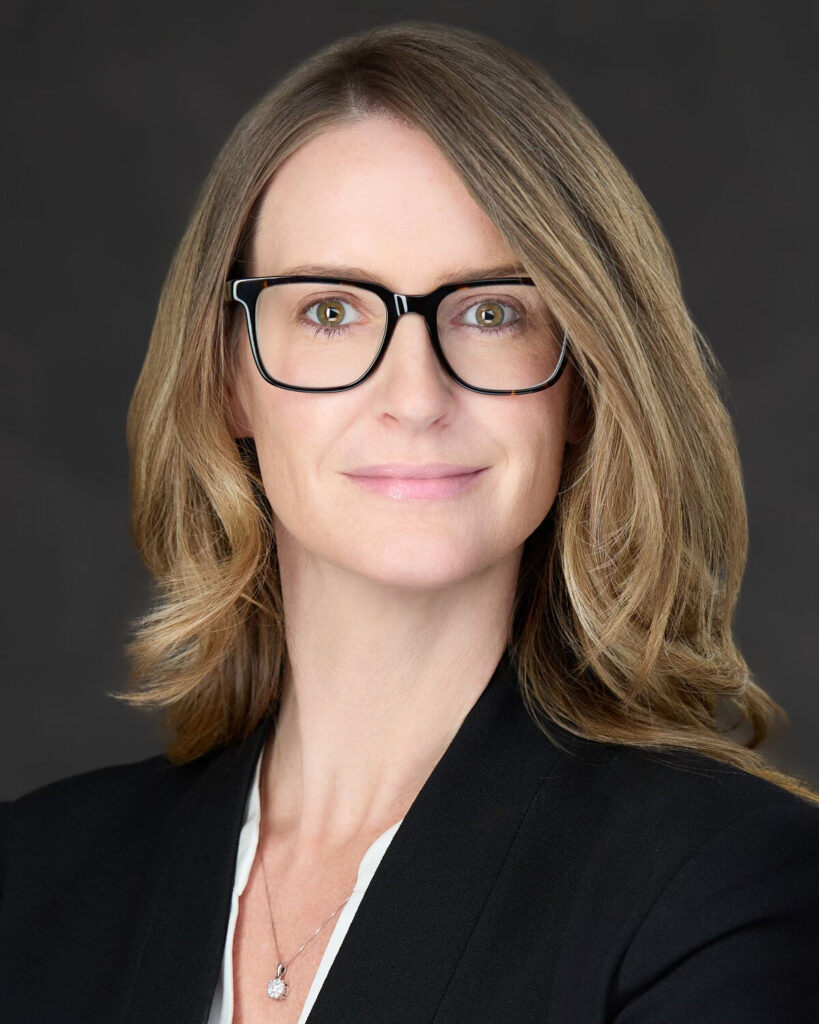THE PODIUM | Campaign complaint will test mettle of our newly minted secretary of state


New Secretary of State Jena Griswold made a lot of political hay during the last campaign cycle, decrying the allegedly unhealthy influence that unregulated “Dark Money” has on politics. In recent remarks to the General Assembly, she called for more campaign finance “transparency.” And she may be working with statehouse Democrats, who now enjoy majority control, to bring one or more bills on the issue this session.
But is Griswold prepared to walk the walk on policing this alleged problem – even when some of the biggest beneficiaries of “dark money” shenanigans are her political allies? A campaign finance complaint I filed with her office last week, on behalf of Charles Heatherly, puts that question to the first real test.
The complaint asks Griswold to appoint an independent investigator to look into a $170,000 contribution made by the Sergey Brin Family Foundation to ProgressNow Colorado. Colorado Rising, an issue committee supporting Proposition 112, reported that contribution multiple ways on seven different, and often contradictory, reports.
Sergey Brin is a multi-billionaire co-founder of Google, and the complaint cites strong evidence that his foundation contributed $170,000 to support the ballot measure, using ProgressNow Colorado as a front organization.
According to the complaint, ProgressNow Colorado should have registered as an issue committee, but instead it “treated its issue advocacy as a ‘contribution’ to Colorado Rising.” Then Colorado Rising “later tried to conceal the contribution to ProgressNow Colorado . . . first listing the Sergey Brin Family Foundation, then ProgressNow Colorado, and then ProgressNow Colorado Education Fund as the source of funds” that paid for pro-112 advertising.
Lending further credence to the allegations is the fact that Colorado Rising later reported a smaller contribution of $153,000, which is exactly ten percent less than the original $170,000. “Organizations that hire themselves out to conceal earmarked donations regularly charge a 10% fee,” according to the complaint.
If proven true, these allegations pose a series of important questions Coloradans should want answered.
Why, for instance, is one of the richest men in the world, an uber-environmentalist from California, using a tax-exempt foundation to funnel financial support to a Colorado ballot measure – a measure which could have bankrupted our energy providers and wreaked havoc on our state’s economy and fiscal footing?
Why is the IRS giving a big tax deduction to this rich guy’s foundation, when foundations aren’t supposed to play in politics?
And why were Colorado groups allegedly involved in this shell game colluding to effectively hide or launder foundation money? Did these groups violate Colorado campaign finance laws, by filing false reports, in their efforts to direct this foundation money toward political ends?
It’s now Griswold’s job to thoroughly investigate in an open, transparent way.
Griswold is working to launch new audit and enhanced investigation powers. But she faces a contradiction. By making government more powerful, she creates even more incentives for people to influence that government. The problem in politics isn’t the money; it’s the power. If government didn’t exercise such enormous power over our daily lives — including the power to tax us, to spend our money, to execute and enforce new laws, to make or break businesses through regulatory actions – people wouldn’t have such a need to influence elections and policy.
Big money in politics is the unavoidable price we pay for vesting too much power in big government. Yet Democrats who complain loudest about money’s allegedly-“dark” influence often also support vast new expansions of government power, failing to see that they are pursuing contradictory aims.
This inconsistency crosses over into outright hypocrisy, however, when one looks more closely at how much Democrats quietly benefit from the “dark money” games they simultaneously condemn.
Griswold has until Feb. 7 to decide if this complaint merits investigation by an independent entity. Then we’ll learn whether she intends to punt on the issue, or police “dark money” in a professional, impartial, nonpartisan way.
Scott Gessler is the former Colorado secretary of state and a recognized national expert on election law. He currently practices law in Denver, Colorado.











